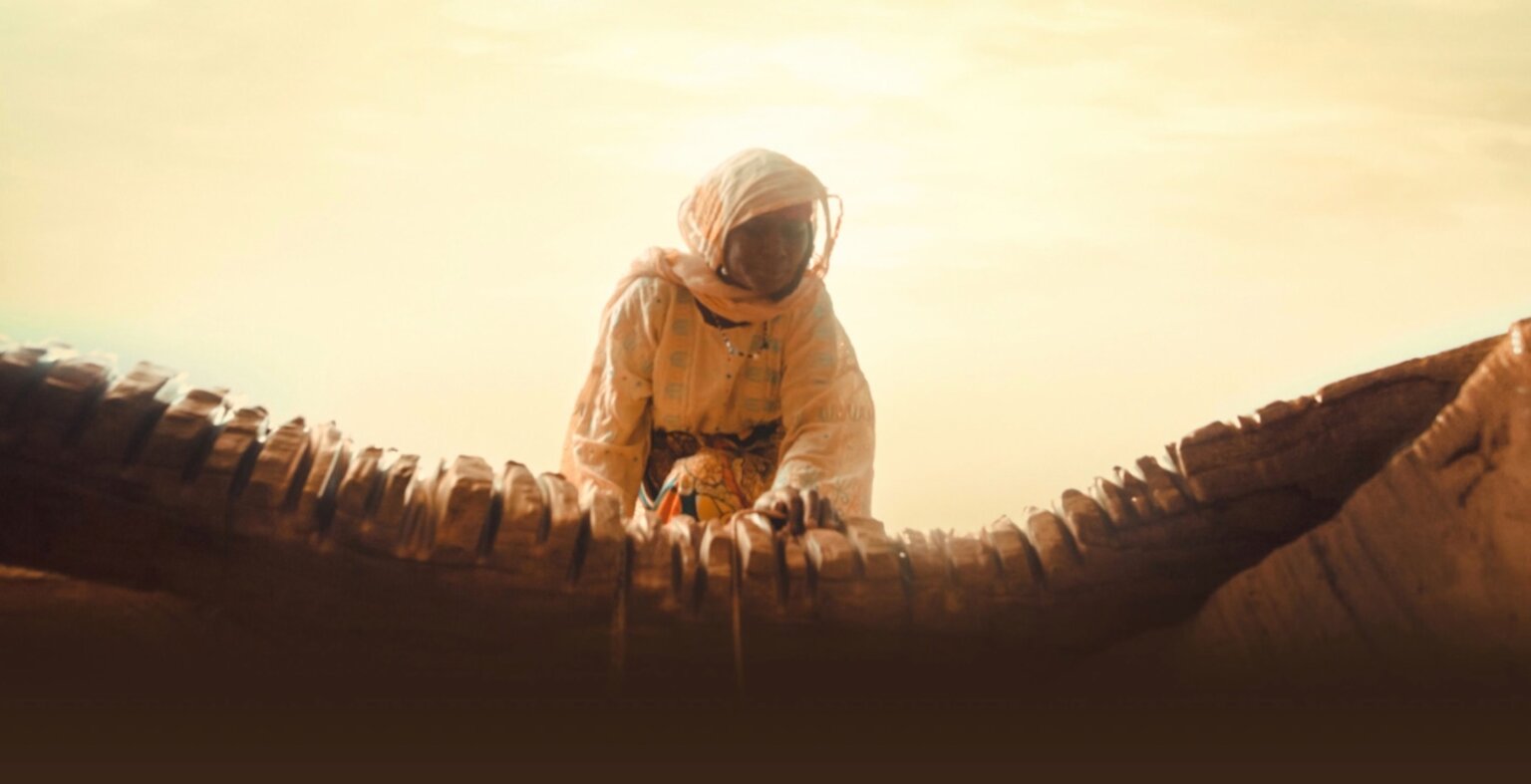- About
- Topics
- Picks
- Audio
- Story
- In-Depth
- Opinion
- News
- Donate
- Signup for our newsletterOur Editors' Best Picks.Send
Read, Debate: Engage.
| October 29, 2015 | |
|---|---|
| topic: | Health and Sanitation |
| tags: | #Densu River, #Ghana, #water pollution |
| located: | Ghana |
| by: | Kwabena Adu Koranteng |
River Densu forms part of the Densu Basin which Flows from the Atiwa Forest in the Eastern region and serves as a source of drinking water for more than four million people living in Greater Accra, Central and Eastern regions of Ghana. The color and the quality of the water has changed in recent years due to the human activities.
At Nsawam in the Eastern region, houses had connected their plastic pipes into the river and channeled liquid waste into it. The entire liquid waste from the main Nsawam Lorry Park has been directed into the River.
Another shocking development is the liquid waste from the Nsawam Medium Security Prisons- the only medium-security prison in Ghana with a population of about 15,000 -flowing into the Mahoma River which runs along the prison yard. The Mahoma River drains into the Doboro River which flows directly into the Densu River.
On the trip along the Densu at Adoagyiri and Nsawam, it was discovered that aquatic life was actually not a thing to write home about. We couldn’t find a single fish specie in the water, an indication of the harm caused by human and industrial waste.
The Minister of Water Resource Works and Housing, Honorable Dr. Kwaku Agyeman Mensah in an interview expressed dismay about the situation and said his ministry is doing everything possible to tackle the situation. He said his ministry is working with development partners to outsource funding to establish buffer zones by planting more trees and assigning security personnel to monitor activities along the Densu basin. He urged Ghanaians to desist from engaging in activities that continue to pollute water bodies in Ghana.” Aside from that, I think we have to start arresting and prosecuting these people who pollute waters to deter others” he stressed.
The Executive Director of Imani Ghana an NGO, Franklin Cudjoe, estimated that about 80 percent of all diseases in Ghana are caused by unsafe drinking water and poor sanitation. in an interview, He said over nine million people in Ghana have no access to safe drinking water. “More than 9 million people lack access to an improved water source and for me, this is a worrying situation. It’s a worrying situation and we need to do something about it“, he noted.
Mr Joseph Nanor is the Environmental Health Director of the Nsawam Adoagyiri Municipal Assembly. In this interview with this writer at Office of the municipal coordinating director, Mr Amoako Kwateng, he together with Mr D.M Aboagye, his predecessor corroborated the pollution and attributed and reiterated that it is caused by the activities of some recalcitrant residents who refuse to respect the environmental by-laws. He also blamed ex-convicts from the Nsawam Prisons who refuse to return to where they came from after their release from prison.
Asked "why nothing has been done to stop all the wastes from the Nsawam and Adoagyiri township flowing into the river?" The environmental Director said by the geographical location of the two towns with a population of about 800,000 people, it is obvious that the waste would flow from the settlements on the hills which into the valley where the water is flowing. There is little that we can do about it. It will require the construction of a waste treatment plant and a tunnel to connect all the drains and convey the waste matter into the treatment plant.
Stanley Martey, the Corporate Affairs Manager of the Ghana Water Company talked to this writer about the situation. He disclosed that 25% of the operating expenditure of the Company goes into the purchasing of chemicals to treat water from River Densu. He admitted that the Densu River is the most polluted source of drinking water in Ghana.“ We have to apply more than necessary chemicals far beyond the standard required to treat the water in a bid to get the filth out of it.
The Executive Secretary of the Water Resource Commission, Mr Ben Ampomah, disclosed that his office would soon deploy military and police personnel along the banks of River Densu to expel encroachers, and those who pollute the water.
In an exclusive interview, Mr Ampomah said the decision forms part of the integrated water resource management plan for the restoration and protection of River Densu.
He said “I believe that we need to initiate and conduct more educational programmes to educate and enlighten the general public about the importance of water to life and the effect of water pollution to human health, the environment and aquatic life among others. We also need to educate the people about what ought to be done or what should be done to restore and preserve water quality in the Densu River”.
According to Mr Ronald Abrahams, Basin officer in charge of management of River Densu at the Water Resource Commission there is massive logging of trees along the Densu River at an alarming rate despite the educational campaigns to enlighten the citizenry. “Several educational campaigns have been held in all the 200 communities and towns in and around the Densu basin catchment area but little result is being realized, Mr Abraham said, adding that some people defy all odds and go to the buffer zones and forest reserves along the Densu basin to fell trees that have been carefully preserved for the protection of the basin. They run into the bush when they hear we are bringing security personnel to arrest them.
By copying the embed code below, you agree to adhere to our republishing guidelines.
